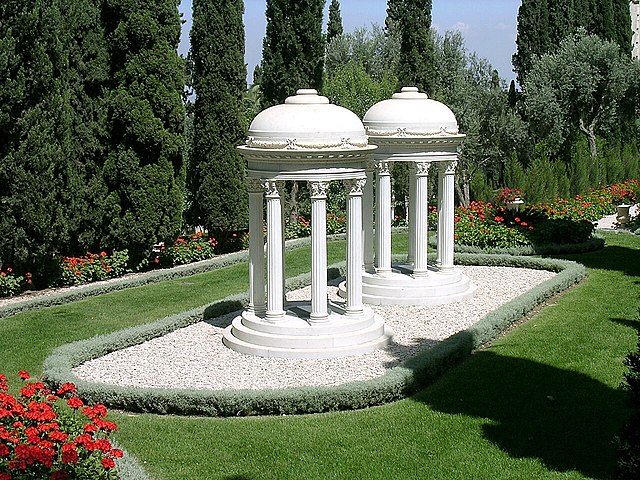Infinite photos and videos for every Wiki article ·
Find something interesting to watch in seconds
Orders and Medals
Largest Empires
Celebrities
Richest US Counties
Crown Jewels
British Monarchs
Great Cities
Best Campuses
Presidents
World Banknotes
Great Artists
Rare Coins
Great Museums
Sports
History by Country
Recovered Treasures
Countries of the World
Supercars
Wars and Battles
Wonders of Nature
Kings of France
Largest Palaces
Tallest Buildings
Ancient Marvels
Famous Castles
Animals
more top lists







